Observe the followig reaction and determine True statement
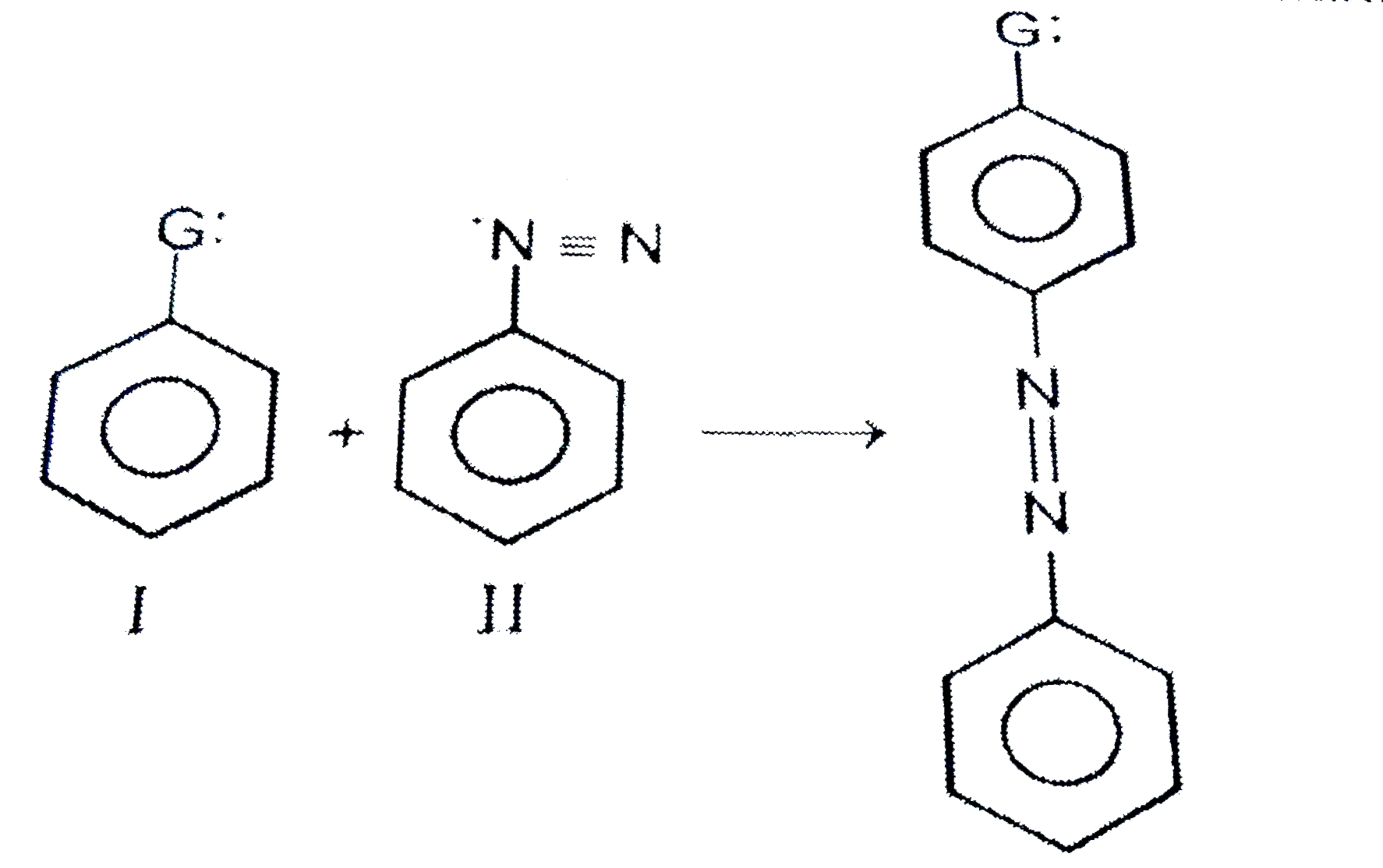
A
If aromtic ring I have −NO2 group then rate of reaction will decrease.
B
If aromatic ring II have −NO2 group then rate of reaction will increase.
C
In this reaction wheland intermediate will form.
D
In this reaction Meisenheimer intermediate is formed.
Text Solution
The correct Answer is:A, B, C
It is coupling reaction.
|
Updated on:21/07/2023
Topper's Solved these Questions
- BOOK - RESONANCECHAPTER - AROMATIC COMPOUNDS EXERCISE - Section-4: Comprehension type(Only one options correct)1videos
AROMATIC COMPOUNDS
- BOOK - RESONANCECHAPTER - AROMATIC COMPOUNDS EXERCISE - PART-II : JEE (MAIN)1videos
AROMATIC COMPOUNDS
- BOOK - RESONANCECHAPTER - AROMATIC COMPOUNDS EXERCISE - PART-III: PRACTICE TEST-2(IIT-JEE(ADVANCED pattern))7videos
AROMATIC COMPOUNDS
- BOOK - RESONANCECHAPTER - ATOMIC STRUCTUREEXERCISE - PHYSICAL CHEMISTRY(ATOMIC EQUILIBRIUM)48videos
ATOMIC STRUCTURE
Similar Questions
Knowledge Check
- Question 1 - Select One or More
Observe the following reaction and determine True statement
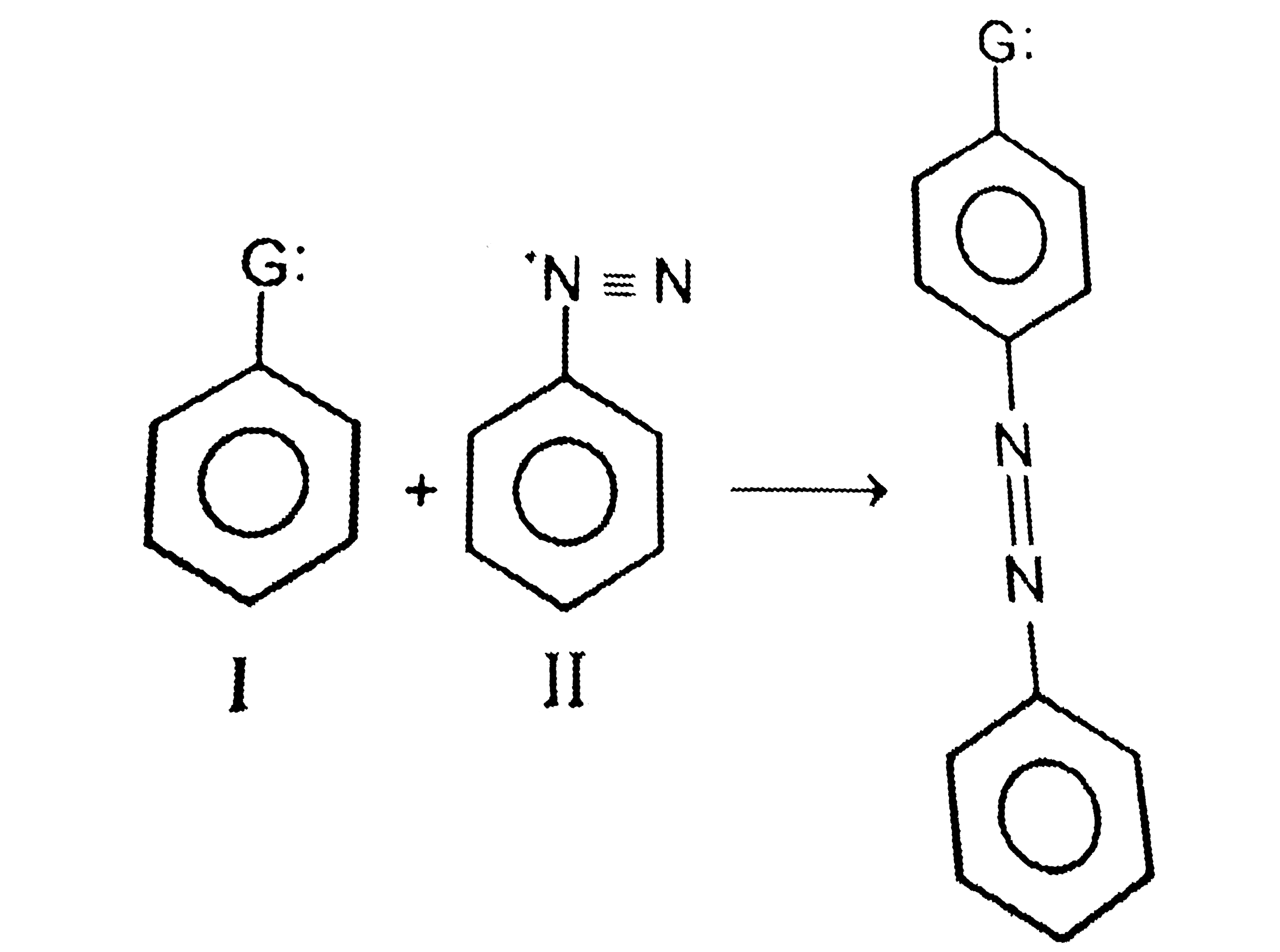 AIf aromatic ring I have −NO2 group then rate of reaction will decrease.BIf aromatic ring II have −NO2 group then rate of reaction will increase.CIn this reaction Wheland intermediate will form.DIn this reaction Meisenheimer intermediate is formed.
AIf aromatic ring I have −NO2 group then rate of reaction will decrease.BIf aromatic ring II have −NO2 group then rate of reaction will increase.CIn this reaction Wheland intermediate will form.DIn this reaction Meisenheimer intermediate is formed. - Question 2 - Select One
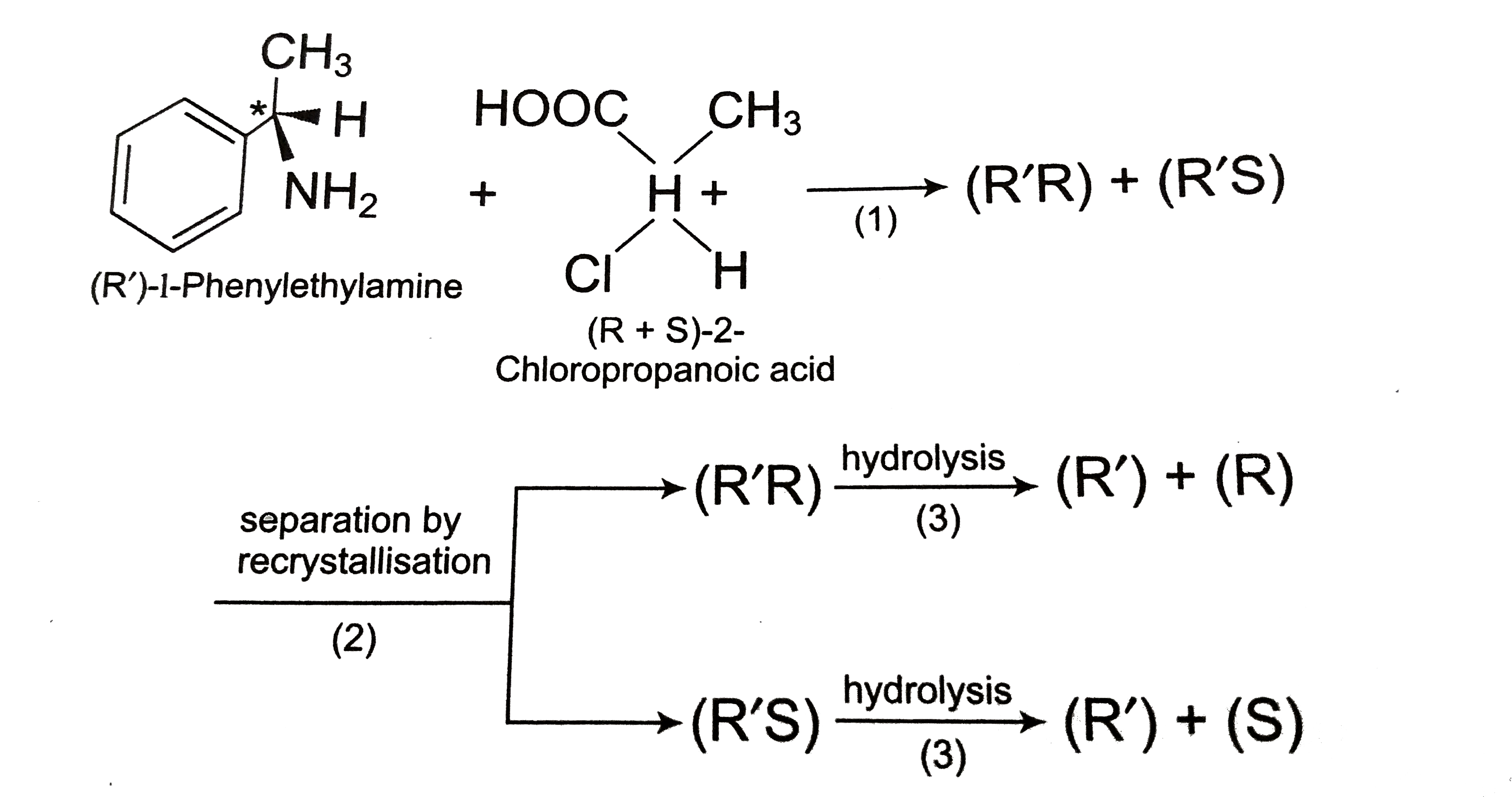
Observe the following reaction:
Which statement is not correct about the above observation?AThe product mixture of step-1 is optically activeBThe product R'R and R'S have identical structural formulaCR'R is noonsuperimposable on R'SDR'R and R'S have same solubility in water - Question 3 - Select One
Observe following figures and select true statement about them ?
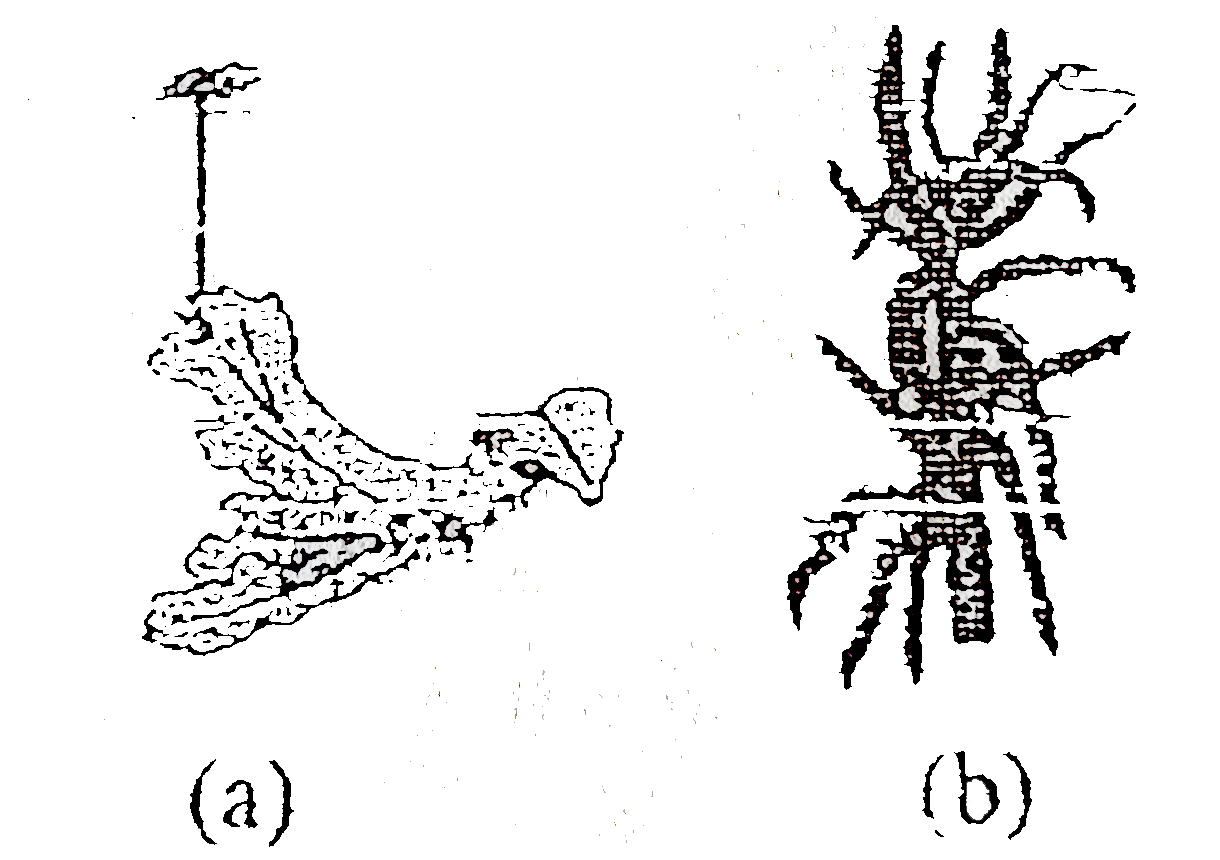 Afigure (a) is Sphagnum and it is monoediousBfigure (b) is moss and it is dioeciousCfigure (b) is Sphagnum and it is monoeciousDboth figure are representing moss with dioecious habit
Afigure (a) is Sphagnum and it is monoediousBfigure (b) is moss and it is dioeciousCfigure (b) is Sphagnum and it is monoeciousDboth figure are representing moss with dioecious habit
Observe following figures and select true statement about them ?
 View Solution
View SolutionWhich of the followig reaction is not a ion-exchange reaction?
View SolutionFor the following two reactions, which statement is true ?
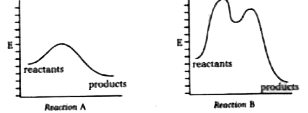 View Solution
View SolutionRead the followig statements and find out the incorrect statement.
View SolutionWhich of the followig reaction is not a ion-exchange reaction?
View Solution

